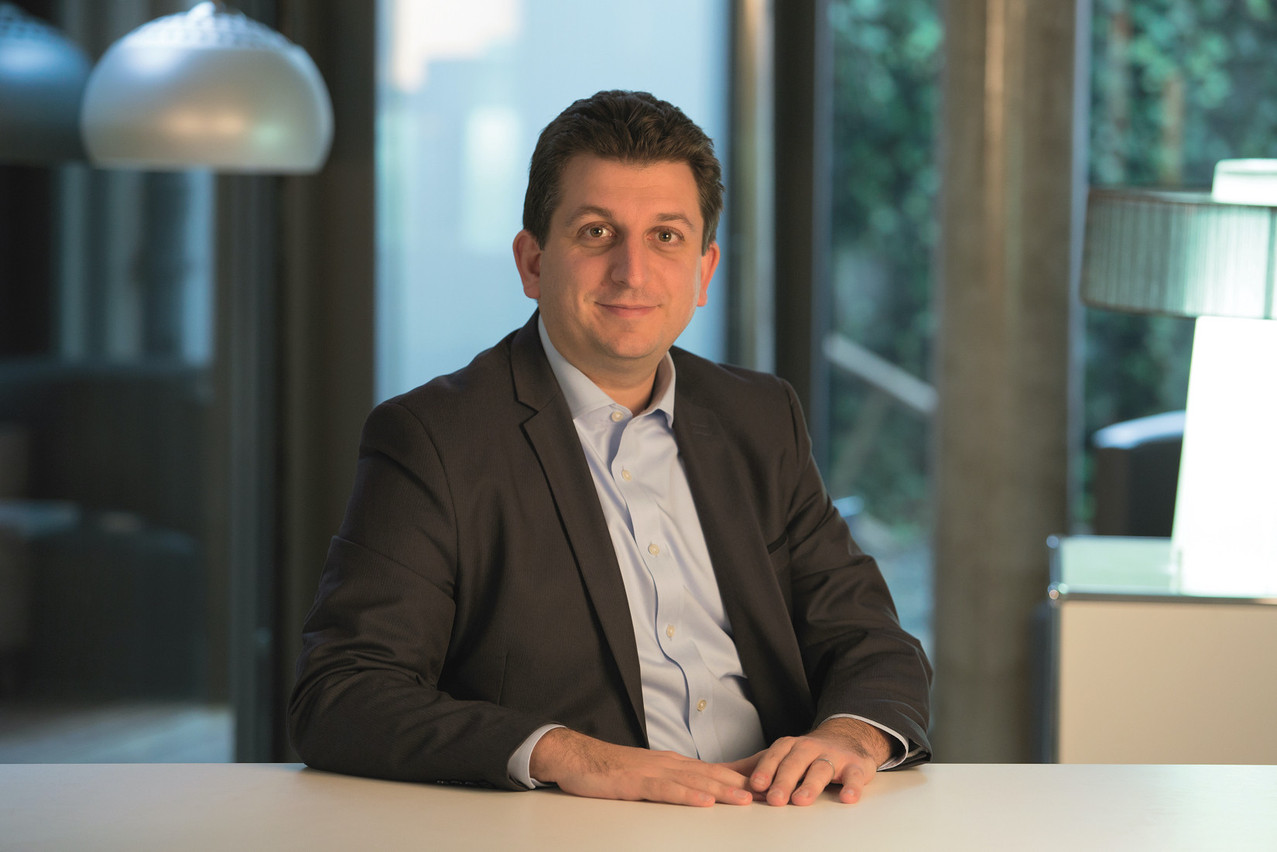The study, commissioned by Deloitte, was conducted in 15 countries, with 30% of respondents in Europe, 39% in North America and 31% in Asia Pacific. Its objective was to analyse the effects of current digital, social and economic changes on the world of asset management. These changes have often been amplified and/or accelerated by the covid pandemic.
Deloitte’s said it is clear that the private banking and wealth management sector is going through a phase of “fundamental” transformation driven by societal, generational, digital and ecological evolutions--even revolutions--through which it must pass. “When we look at the various studies published on this transformation, they only deal with the expectations of bankers, never with those of wealthy clients, the high net worth individuals or the ultra high net worth individuals. It is true that this is a discreet client segment, but we were able to interview around 2,300 of them.”
So what do these individuals expect in their interactions with their wealth managers?
I think the covid crisis has shown that digital is necessary, that it is a catalyst, but that it cannot replace the human touch
The first key trend is the shift to digital. As a result of the pandemic, 40% of investors say digital access has become a higher priority, and nine out of ten say mobile will be their preferred channel in the future. “This shift is obvious, everyone mentions it. More than half of investors will now prioritise a day-to-day digital experience with their banks and they want it to be simple and intuitive.”
In terms of digitalisation, a distinction must be made between day-to-day relations--“being able to follow the evolution of your portfolio on your mobile or being able to contact your bank 24/7, for example”--where expectations are very high, and the advisory activity. For the latter, 47% of respondents have a marked preference for face-to-face contact. “I think that the covid crisis has shown that digital is necessary, that it is a catalyst, but that it cannot replace the human element. It comes as a complement. And this is all the more true in a world where the relationship of trust between the banker and his client is paramount.”
Advice--and this is the second trend highlighted by the study--therefore remains the keystone of banks’ value proposition and clients’ expectations, according to Pascal Martino. “40% of companies expect a fundamental change in the advisory business in the coming years. What we did historically is no longer going to be sufficient to meet clients’ needs.” 42% of clients say they expect more from their service provider in this area. “They want a more holistic approach to advice that covers all the different elements that can be considered, something they don’t necessarily have today. There is a real shift towards high value-added advice.”
For their part, bankers and asset managers are also demanding more digitalisation, Martino said. “Digitalisation has not only led to a significant increase in their productivity (we are talking about 14% more productivity) but also in their assets under management (by around 8%).”
Giving meaning to money
The third trend is the need to make sense of investments: over the next two years, 34% of investors will seek advice on ESG investment. Investing for social good is no longer just for millennials: 32% of baby boomers plan to invest in ESG funds, compared to 22% of millennials and 63% of billionaires.
This poses a challenge for professionals: while there are, according to Martino, enough quality products to invest in without creating bubbles, there is still doubt as to whether they meet all the ESG criteria. This is the current problem with the taxonomy that the European Commission is working on. “I hope that we will have certainty about the products that will be able to use this ESG label and that, in this case, clients will be able to invest with peace of mind in a diversified range of products that will have the desired impact. There is still a long way to go to get there.”
Impact and return: while 35% of financial players believe that their clients will be willing to accept a lower return for an ESG investment, most clients do not seem to want to make this sacrifice and want both. Which, Martino points out, is a discrepancy.
Pressure on fees
Finally, the question of fees charged is an issue of great concern to clients. “36% of clients are currently satisfied with the fees charged by their financial partner. To me, this means that 64% are not. Either they don’t understand how the services are charged, or they find them too high and ask for more transparency.” This dissatisfaction adds to the pressure on the margins and profitability of the players, who at the same time have to deal with increased regulatory pressure and competition from new players. There is a dangerous scissor effect for private banks and asset managers.
This effect is all the more dangerous as investors are no longer reluctant to compete. In the past year, for example, one-third of investors have moved 20% or more of their funds to providers that offer what they want, according to the study. Over the next two years, 44% plan to do so.
Originally published in French by and translated for Delano

